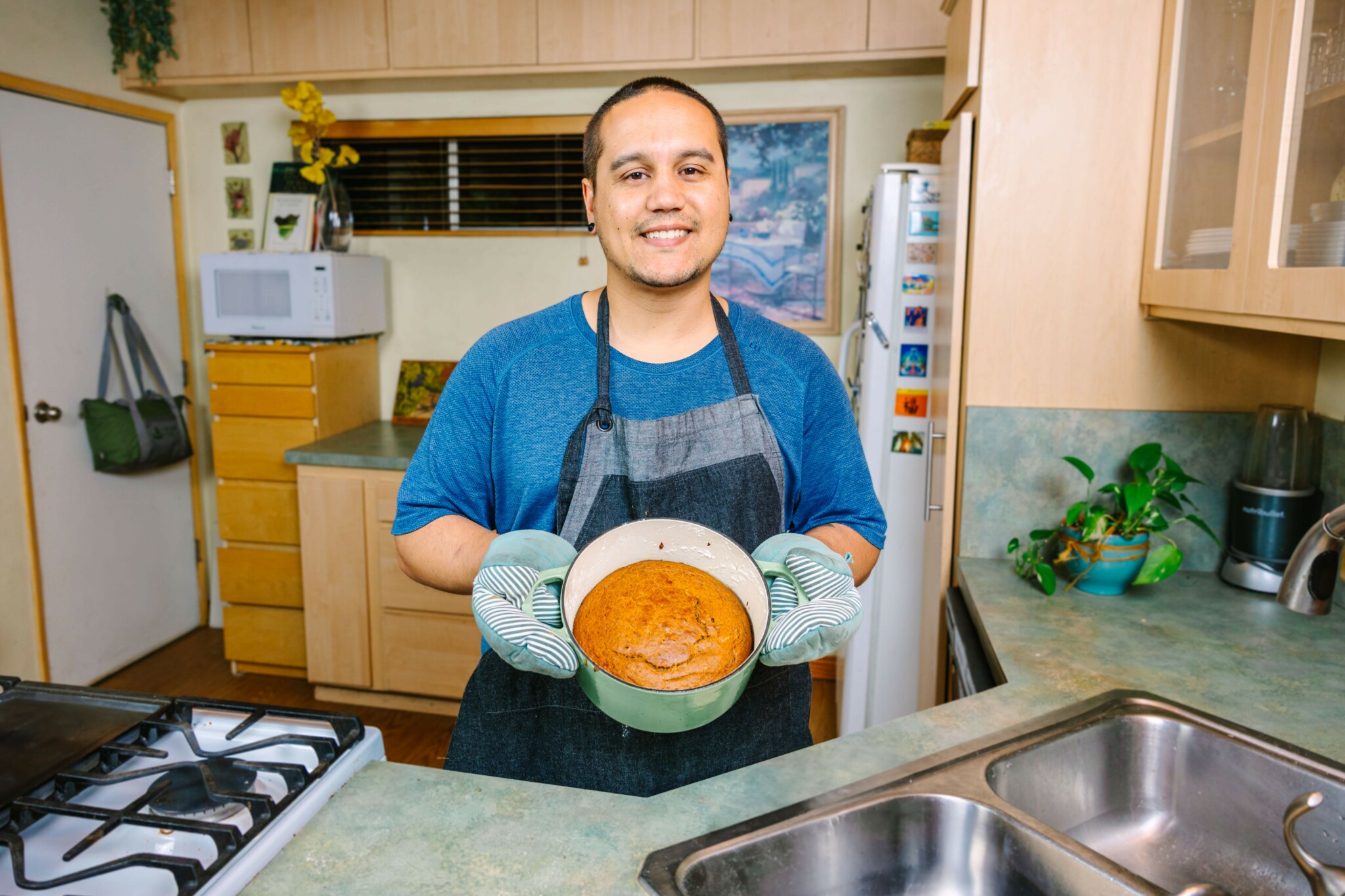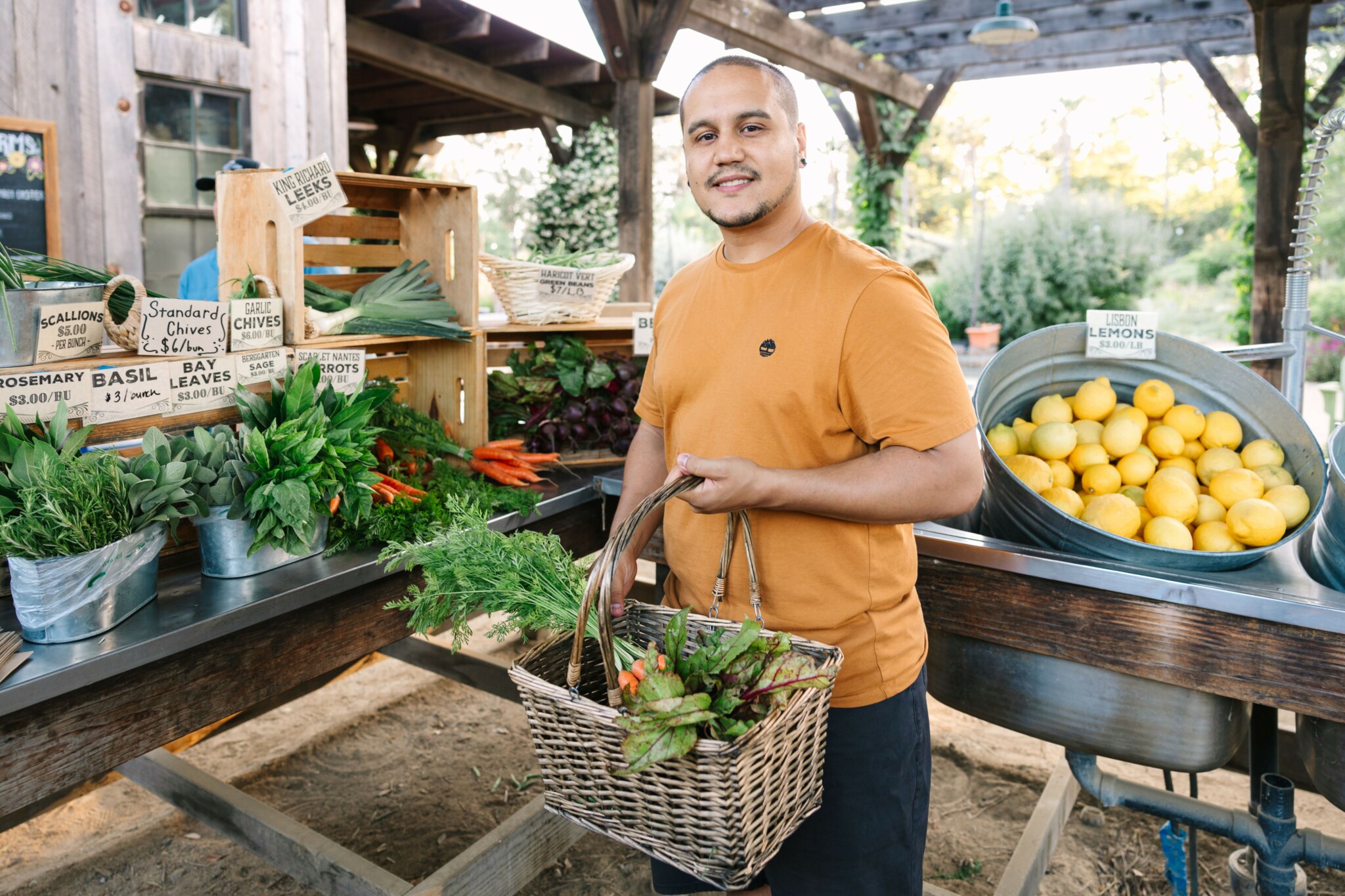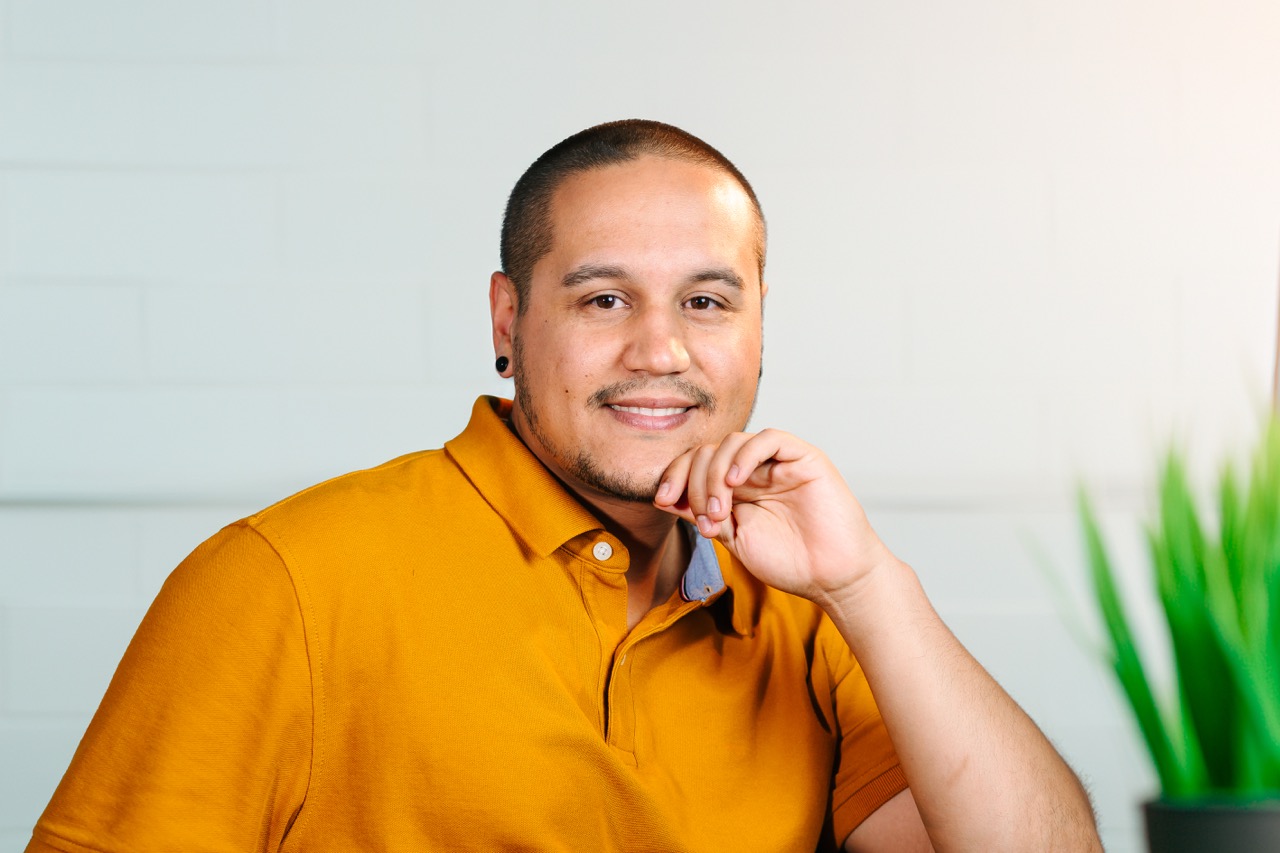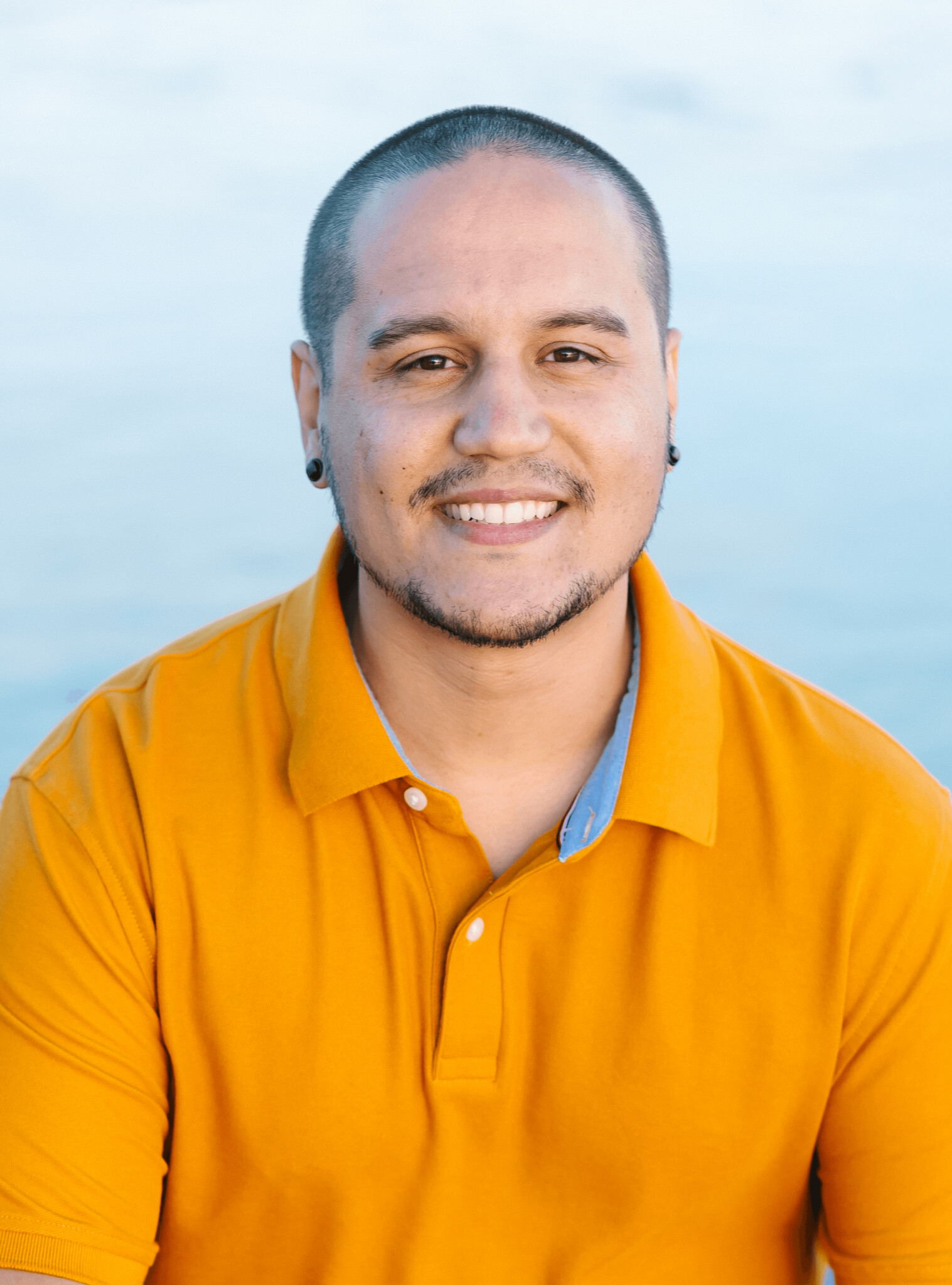We’re excited to introduce you to the always interesting and insightful Gui Bittencourt. We hope you’ll enjoy our conversation with Gui below.
Gui, looking forward to hearing all of your stories today. Was there a moment in your career that meaningfully altered your trajectory? If so, we’d love to hear the backstory.
The moment that started my career as a nutritionist was when I was fed up—literally—of being overweight, unhealthy, and feeling ashamed of my body. Truth be told, I was just a kid, but I was already dealing with the health problems of an adult. My blood glucose was high, along with my cholesterol and triglycerides. I had headaches, depression, and anxiety (which, at times, seemed to work hand in hand). I didn’t have good role models for health. My grandpa died obese from diabetes complications, my other grandpa was a smoker, and my grandma and aunt had both passed from cancer around the same time. The only relatively healthy person in my family was my other grandma. Her diet wasn’t great, but she made sure to walk 30 minutes every day—that alone kept her going well into her 80s.
My dad was also obese, and from him, I picked up the habit of overeating empty calories. He’d bring me cake for breakfast or dinner. In the afternoon, I’d eat two bags of microwave popcorn, sometimes condensed milk with cocoa powder. There was always soda, crackers, white bread, ice cream—you name it. I was only 14, but I was already suffering the consequences of years of poor nutrition. I knew something had to change. If I wanted to feel better about myself and live a happy, healthy life, I needed real changes.
It was the beginning of high school, and after battling depression for about a year, I decided to join the gym nearby. It was a simple gym—just a mechanical treadmill that remained unplugged (so you had to push hard to make it move), a couple of newly added bikes, and enough weights, barbells, dumbbells, and machines. The gym was inside a house, with different rooms for different machines and weights. The veranda was where we’d hang out, order pizza, drink soda, and chat for hours. The main room had the free weights and bench press. The back room had a squat machine and a water fountain. The whole setup was old-school, but the camaraderie between the students and the owner made it feel special.
Gustavo, the owner, was a bodybuilder—not certified in anything, but incredibly knowledgeable. I learned a lot from him about fitness, diet, and even video games (he was an Xbox fiend). There were other students training to become professional bodybuilders, and at some point, I even found myself injecting oil into the shoulders of an older friend who wanted more prominent delts. That gym played a huge role in my teenage years and shaped the person I was becoming.
I remember the fall of 2007 in Brazil—it felt like the golden era of hip-hop. Rihanna, Ja Rule, and Timbaland were constantly playing on the radio, providing the perfect soundtrack for my afternoon workouts. At night, the vibe changed. Students brought their own CDs, and even Gustavo, a rock and metal fan (just like I was becoming), played AC/DC, Rage Against the Machine, U2, Metallica, and more.
Little by little, I found a new hobby, a new group of friends, and a place that felt almost like a temple. I immersed myself in everything about weightlifting and nutrition. I wanted to lose fat and build muscle, so I started reading blogs, books, and talking to experienced gymgoers about supplements, workouts, and diet. It took about a year before I really saw the results—my arms got bigger, my belly shrank, and my self-esteem soared.
By 2008, after learning enough to understand how nutrition and the human body worked, I knew. This was my path. I wanted to become a nutritionist.

As always, we appreciate you sharing your insights and we’ve got a few more questions for you, but before we get to all of that can you take a minute to introduce yourself and give our readers some of your back background and context?
I’m a nutritionist and content creator who has lived through the struggles of weight management firsthand. Growing up overweight, I faced not just physical health challenges but also the emotional toll that came with them. My turning point came when I decided to take control of my health as a teenager, diving into nutrition, fitness, and the science behind sustainable weight loss. That passion eventually led me to study nutrition in college and, later, to build a career helping others navigate their own health journeys.
I help individuals struggling with weight loss by combining science-based nutrition with real-life experience. My approach isn’t just about shedding pounds—it’s about transforming health in a way that lasts. I guide people through plant-based nutrition, helping them transition from feeling overwhelmed by conflicting advice to feeling confident in their choices. Weight loss shouldn’t feel like punishment or restriction; it should be a natural and enjoyable process that leads to long-term well-being.
What sets me apart is that I don’t just rely on academic knowledge—I’ve lived this. I know what it’s like to feel stuck, frustrated, and unsure where to start. That personal experience allows me to connect with my clients on a deeper level. Beyond that, I bring a creative edge to my work. With seven years of professional photography and videography experience, I create visually compelling content that makes nutrition education engaging and accessible.
I’m proud of the impact I’ve had on people’s lives, watching clients shift from feeling lost and discouraged to empowered and in control of their health. I want people to know that achieving a healthy lifestyle doesn’t require extremes—no fad diets, no deprivation. Small, consistent changes rooted in real food, self-awareness, and self-compassion lead to real transformation. My goal is to help people make those changes in a way that feels natural, fulfilling, and sustainable.

Can you tell us about what’s worked well for you in terms of growing your clientele?
Results. My main goal is for my clients to see real, lasting results. When they achieve their goals and experience a smooth, guided transformation, they naturally share their success with friends, and that’s how my work grows—through real impact. But for this to happen, I work with individuals who are truly ready for change. They’ve likely struggled with obesity or being overweight for years, tried multiple diets, lost weight only to regain it, and are now searching for a real, sustainable solution.
My approach isn’t about quick fixes; it’s about education and empowerment. I help clients understand the basics—carbs, protein, fats, and calories—so they can make informed choices. They learn that the key is eating real food, as close to its natural state as possible, while avoiding ultra-processed products. They gain the skills to read labels confidently, shop for healthy food for themselves and their families, and plan and prep meals with ease. Once they realize that healthy eating doesn’t have to be boring, flavorless, or leave them hungry, everything shifts.
With proper nutrition, exercise, and a positive outlook, they not only achieve a fit and healthy body but also feel happier, more energetic, and add quality years to their life. This is exactly what I was able to achieve for myself, and now I teach others to do the same—always with kindness, both for themselves and for the environment.

We often hear about learning lessons – but just as important is unlearning lessons. Have you ever had to unlearn a lesson?
Being a meat eater all my life was part of my upbringing and culture. Growing up in the South of Brazil, meat—whether sausage, barbecue, or chicken—was a staple at almost every meal. A day, or even a single meal, without it felt incomplete. Sundays were for churrasco, where my dad would grill meat over a coal fire, serving it with potato salad and rice. I don’t remember my parents ever preparing a salad.
After putting myself through college and watching a documentary about animal welfare, I started questioning whether meat was necessary. I realized it wasn’t just about ethics—it had implications for health, the planet, and, of course, the animals. That was when I stopped eating red meat. When I moved to the U.S., I became fully vegetarian. Surprisingly, I never really missed meat—except when I was hungry—but a bowl of beans was always enough to satisfy me.
After several years as a vegetarian, I transitioned to a vegan diet and followed it strictly for a couple of years. But over time, I came to realize that veganism, despite its benefits, wasn’t entirely sustainable either—ironically, the same issue I had with a meat-heavy diet.
Through further study, I found that I had been almost right all along. While a vegan diet can sometimes lead to nutrient deficiencies, a meat-heavy diet is definitively linked to numerous health problems—heart disease, cancer, obesity. The best approach, I discovered, was a whole-food, plant-based diet, which offers the benefits of both worlds.
I took inspiration from the Mediterranean diet, adding fish, some eggs, and allowing myself to enjoy dairy when it was part of a dish I liked. I can’t say I felt a drastic change, since a well-balanced vegan diet had already been good to me. But with a plant-based approach, I found more freedom—I could participate more in gatherings, eat at more restaurants without overthinking, and remove the stress of constantly navigating food choices.
To this day, I don’t eat red meat, poultry, or pork. I focus on fruits, vegetables, legumes, nuts, and whole grains, and I feel my best.
Contact Info:
- Website: https://www.guidietician.com
- Instagram: https://www.instagram.com/guidietician
- Facebook: https://www.facebook.com/guidietician
- Youtube: https://www.youtube.com/@guidietician
- Yelp: https://www.yelp.com/biz/gui-dietician-los-angeles

Image Credits
Michael J Gonzales
Debra De Liso


